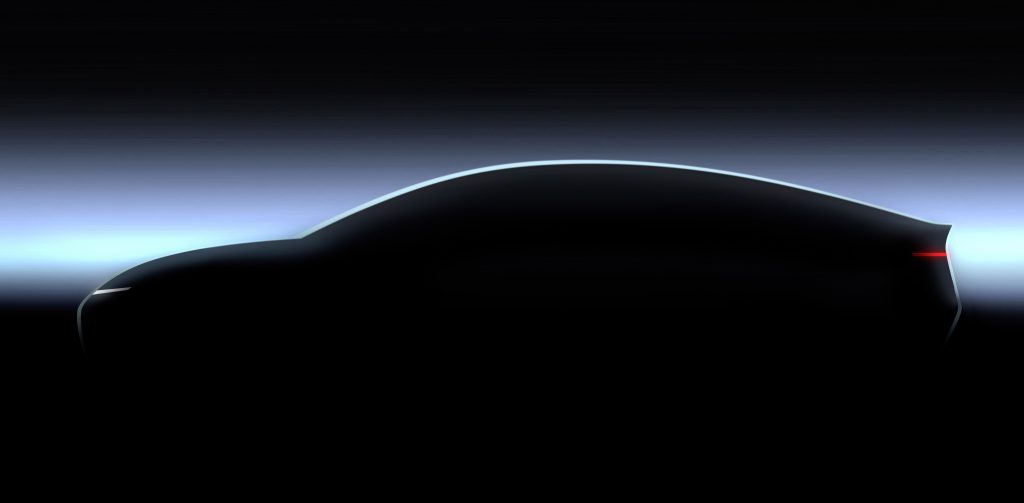Volkswagen has shown the world the first design preview of its Project Trinity.
The company said that it will be a revolutionary project as the electrically powered sedan, which is set to be built in Wolfsburg from 2026, will set new standards in terms of range, charging speed and digitisation and will be able to drive highly automated according to Level 4.
VW explained that Trinity stands for three crucial themes: a newly developed electronics platform with state-of-the-art software, the simplification of the supply structure, and fully networked and intelligent production at the main plant in Wolfsburg.
Trinity will make autonomous driving in the volume segment possible for many people. By the planned start of series production in 2026, Trinity will already reach Level 2+ and be technically ready for Level 4, according to Ralf Brandstätter, CEO of the Volkswagen brand.
“We are using our economies of scale to make autonomous driving available to many people and to build a learning neural network,” he said. “In this way, we are creating the conditions for the continuous exchange of data from our vehicle fleet – for example, on the traffic situation, on obstacles or on accidents. Trinity therefore becomes a kind of ‘time machine' for our customers.”
Future vehicle models such as Trinity will be produced with considerably fewer variants, and the hardware will be largely standardised. The cars will then have virtually everything on board and customers will be able to activate desired functions “on demand” at any time via the digital ecosystem in the car. This will significantly reduce complexity in production.
By developing the automobile into a software-based product, Volkswagen is creating the conditions for new, data-based business models. Entry barriers to individual mobility are to be lowered while at the same time offering even more attractive usage packages.
“In the future, the individual configuration of the vehicle will no longer be determined by the hardware at the time of purchase. Instead, customers will be able to add functions on demand at any time via the digital ecosystem in the car,” said Brandstätter.
As we are going to wait few years for the project Trinity to come to fruition, Volkswagen has released a new cheaper variant of its already widely popular EV, the ID.3. The company has also announced that its all-electric SUV ID.4 has finally arrived in the UK. Both these cars will now receive Over-the-Air updates, keeping their software always up-to-date.
As we reported in the next few years the company will make hefty investments to become a dominating force on the all-electric market and keep expanding its ID. Family.
